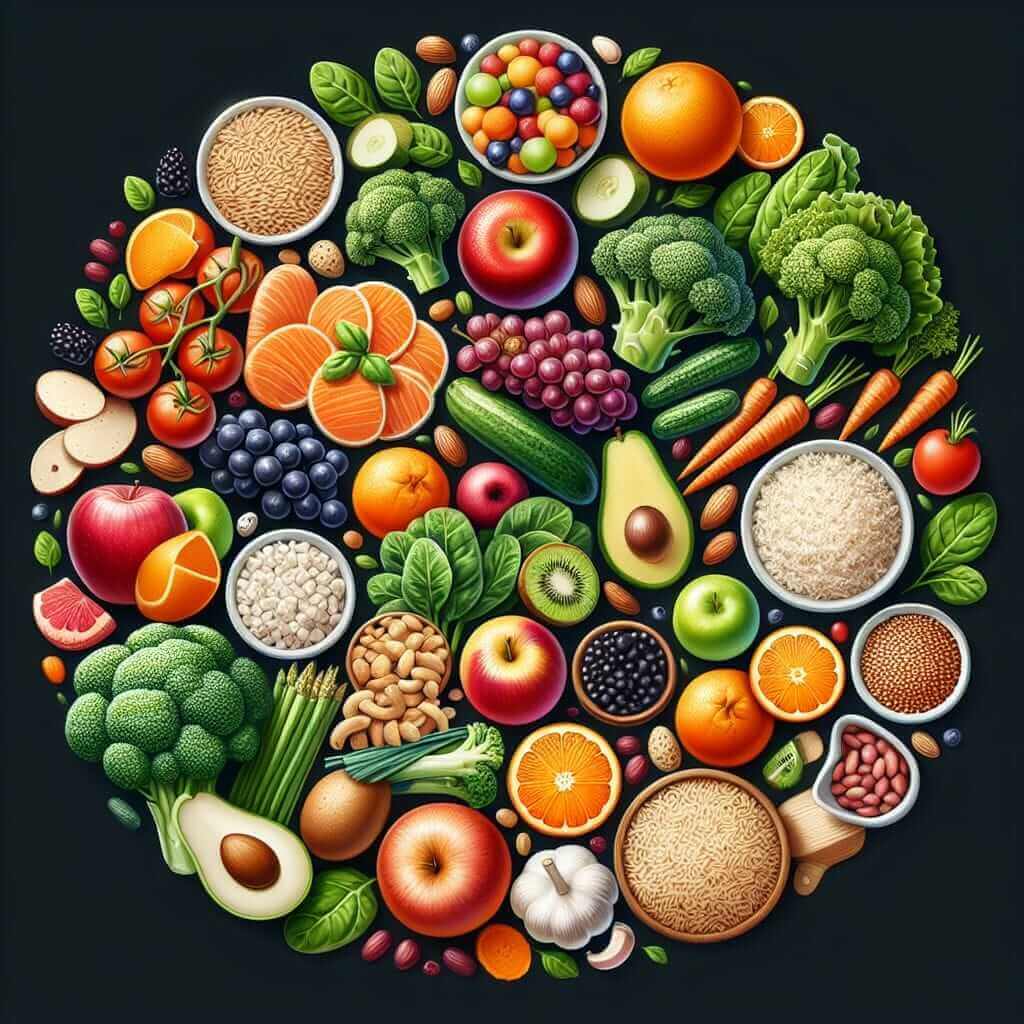As an IELTS instructor with over 20 years of experience, I often encounter students who get flustered by seemingly simple IELTS Speaking questions. One such question is, “Do you know what you eat every day?”. While it sounds straightforward, many struggle to provide a coherent and impressive response. This article will delve into why this question is important for IELTS, how to answer it effectively, and provide sample answers and vocabulary to help you excel.
Why Does This Question Matter in IELTS Speaking?
The IELTS Speaking test assesses your fluency, vocabulary, grammatical range, and pronunciation. The question “Do you know what you eat every day?” targets several of these criteria:
- Fluency: It tests your ability to answer spontaneously and keep the conversation flowing.
- Vocabulary: It allows you to showcase your knowledge of food-related vocabulary and expressions.
- Grammar: You can demonstrate your ability to use different tenses (present simple, past simple, future tenses, etc.) to describe your eating habits.
- Coherence: You can show your ability to organize your thoughts logically and provide a structured answer.
How to Answer “Do you know what you eat every day?”
While the question might seem basic, a strong answer goes beyond simply listing the foods you consume. Here’s a breakdown of how to structure your response:
-
Start with a Direct Answer:
- “Yes, I’m quite conscious of my daily diet…”
- “To be honest, I don’t always pay close attention to everything I eat, but…”
-
Elaborate on Your Eating Habits:
- General Overview: “I usually start my day with a light breakfast like toast and fruit, followed by a more substantial lunch…”
- Specific Examples: “For dinner, I enjoy cooking traditional [Your Country] dishes, such as…”
- Variations: “On weekends, I tend to eat out more often and try different cuisines…”
-
Provide Reasons for Your Choices:
- Health: “I try to eat plenty of fruits and vegetables for their vitamins and fiber.”
- Cultural Influences: “Growing up, we always had rice and fish for dinner, so it’s a staple in my diet.”
- Personal Preference: “I’m a big fan of spicy food, so I often add chili to my meals.”
-
Consider Adding a Related Detail:
- “I recently started using a food tracking app, and it’s made me more aware of my nutritional intake.”
- “I’m trying to incorporate more plant-based meals into my diet for environmental reasons.”
-
Keep it Concise and Engaging:
Avoid rambling or providing too much detail. Aim for a focused and interesting response that showcases your language skills.

Sample IELTS Speaking Answers:
Example 1 (Intermediate Level):
“Yes, I generally have a good idea of what I eat. For breakfast, I usually grab a quick toast and coffee. Lunch is often a salad or sandwich at work. In the evenings, I prefer cooked meals, like pasta or rice with vegetables and some protein. I’m trying to eat healthier, so I include more fruits and salads in my diet now.”
Example 2 (Advanced Level):
“To be honest, my awareness of my daily diet fluctuates. During the week, my meals are quite routine-driven. I start with yogurt and granola, have a quick sandwich for lunch, and usually cook a simple dinner with fish or chicken and vegetables. However, on weekends, I enjoy exploring different cuisines and trying new recipes, so my eating becomes more diverse and experimental.”
Useful Vocabulary for Describing Eating Habits:
- Meals: Breakfast, brunch, lunch, dinner, supper
- Snacks: Mid-morning snack, afternoon pick-me-up
- Dietary Preferences: Vegetarian, vegan, pescatarian, omnivore
- Cooking Methods: Bake, roast, fry, steam, grill, sauté
- Describing Taste: Savory, sweet, sour, spicy, bitter, bland
- Food Groups: Fruits, vegetables, grains, protein, dairy
Key Takeaways:
- “Do you know what you eat every day?” is a common IELTS Speaking question designed to assess various aspects of your English.
- Don’t just list foods; provide context, reasons, and elaborate on your eating habits.
- Use a variety of vocabulary related to food, cooking methods, and taste preferences.
- Speak naturally, confidently, and showcase your ability to communicate effectively in English.
By following these tips and practicing your answers, you’ll be well-prepared to impress the examiner and achieve your desired IELTS score!